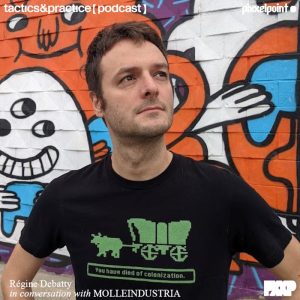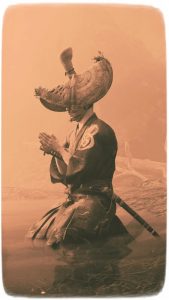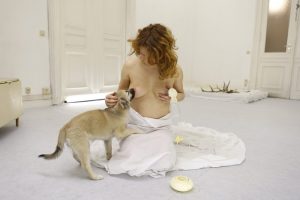Episode III of the summary/translation of Laura Baigorri‘ essay for GAME as CRITIC as ART. 2.0. (see Part I and II.)
Educating with games. Against the simplification proposed by the game industry
The works previously mentioned explore the three main strategies adopted by the creators for the creation/modification of computer games. The following games, although they are game mods using weapons, elude explicit violence to show the player a multiple and exhaustive vision on an aspect of the everyday life of a population.
![]()
![]()
– Nina Czegledy and Maia Engeli’s Medieval Unreality (2003) is a project aimed at initiating an artistic discourse on Albania’s “Blood Feud” by editing the first-person shooter game “Unreal Tournament”. In the ’90s, Northern Albany faced a series of kidnapping and murders between families, due to an ancestral code of conduct. Although it was abolished during the Socialist Period, the economical collapse of the the State in 1989 gave free way to the re-introduction of the archaic rules and social relationships, but also rancors and vengeances. That year, about 1500 families (800 children) wouldn’t venture out of their house.
Medieval Unreality wanted to use games to re-establish the contact between barricaded families and the rest of the world by using virtual media: art, culture and new technologies. The first phase called “E-mail from the Medieval Ages”: providing isolated families with 100 computers with Internet connection.
The second step was to start a debate on Albania’s “Blood Feud”, through the modification of Unreal Tournament. The game environment was plain geometry and behaviour, all white without decoration. The participating artists had to add images, costume players, and edit the game space itself. The goal was to achieve an artistic expression in this quite unusual format.
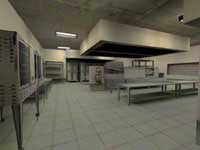
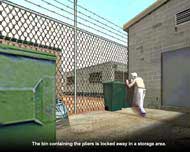
– Escape from Woomera (2003): a Half-life mod designed as a direct critique of Australia’s inhumane detention centres (in particular Woomera Immigration Reception and Processing Centre in South Australia) which imprison asylum-seekers, while their applications for asylum are being processed.
Gamers are invited to assume the character of, and “live” through the experiences of a modern day refugee, offering them an interactive, immersive experience of life within the most secretive and controversial places on the Australian political and geographical landscape.
Escape From Woomera is meant to be an engine for mobilising experiences and situations otherwise inaccessible to an nation of disempowered onlookers. (see also article in The Age.)
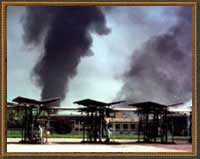
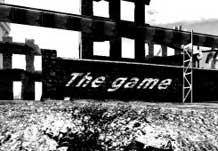
– Personal Cinema‘s The Making of Balkan Wars: The Game focused on the social and cultural issues within the Peninsula and on the creation of networks between artists, art critics, writers and curators from South-Eastern Europe. The multi-user, 3D video game is based on the variable of Balkanization. Moving within the space the players discover that their behavior define their degree of participation in this simulated Balkan reality. The stance of “balkanization” or “de ˆbalkanization” changes depending on which video the player is watching, as well as by the interaction between the avatars. (via selectparks.)

